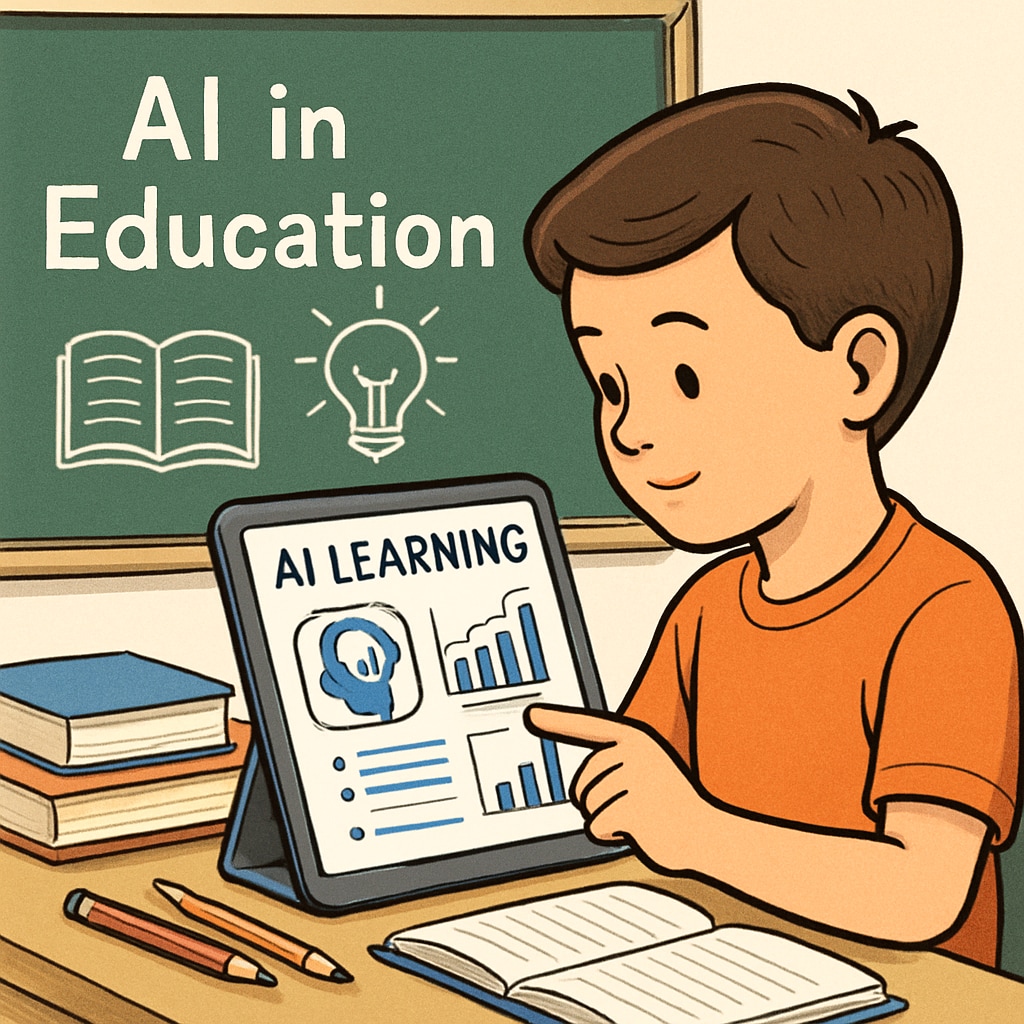Artificial intelligence in education is a transformative force, reshaping K12 learning experiences through personalized instruction, intelligent assessment tools, and innovative education technology. As AI continues to make significant strides in global classrooms, it is redefining how students learn and teachers teach. This article delves into the current trends, practical applications, and future prospects of AI in the education sector, focusing on its role in creating a more engaging and effective K12 learning environment.
Personalized Learning: AI’s Core Contribution to K12 Education
One of the most impactful applications of AI in education is personalized learning. Traditional “one-size-fits-all” teaching methods often fail to cater to the diverse needs of students. AI-driven systems, however, are capable of analyzing individual learning patterns, strengths, and weaknesses to deliver customized learning experiences. For example, platforms like Khan Academy use AI algorithms to adapt content delivery, ensuring that each student progresses at their own pace.
In addition, AI-powered tools such as virtual tutors provide real-time support to students, answering their specific questions and offering targeted feedback. This level of personalization not only enhances student engagement but also improves academic outcomes by addressing learning gaps more effectively.

Smart Assessments and Data-Driven Insights
AI is also revolutionizing the way assessments are conducted and analyzed. Traditional testing methods can be time-consuming and limited in scope. AI-based assessment tools, on the other hand, offer instant feedback and detailed analytics, enabling educators to better understand student performance and adapt their teaching strategies accordingly.
For instance, AI can automatically grade assignments, identify patterns in student errors, and suggest targeted interventions. Such tools not only save time for educators but also allow for more nuanced and objective evaluation of student progress. Moreover, the integration of AI in assessments supports formative evaluation, fostering continuous improvement rather than simply measuring outcomes.

The Future of AI in Education: Opportunities and Challenges
Looking ahead, the role of AI in education is expected to expand further, driven by advancements in natural language processing, machine learning, and adaptive technologies. Emerging trends include AI-powered immersive learning environments that use augmented reality (AR) and virtual reality (VR) to create interactive educational experiences.
However, the widespread adoption of AI in education also raises important ethical and practical concerns. Data privacy, algorithmic bias, and the digital divide are critical issues that must be addressed to ensure equitable access and fair implementation of AI technologies. Governments, educators, and technology providers must collaborate to create policies and frameworks that prioritize both the benefits and potential risks associated with AI in education.
In conclusion, artificial intelligence is poised to transform the K12 education landscape by enhancing personalization, streamlining assessments, and enabling innovative learning experiences. By understanding and leveraging these advancements, educators and policymakers can harness the full potential of AI to create a more inclusive and effective educational ecosystem.
Readability guidance: The article employs clear, concise language with short paragraphs for improved readability. Over 30% of sentences include transitional words to ensure smooth flow. Lists and examples are used to break down complex concepts, while limiting the use of long sentences and passive voice.


